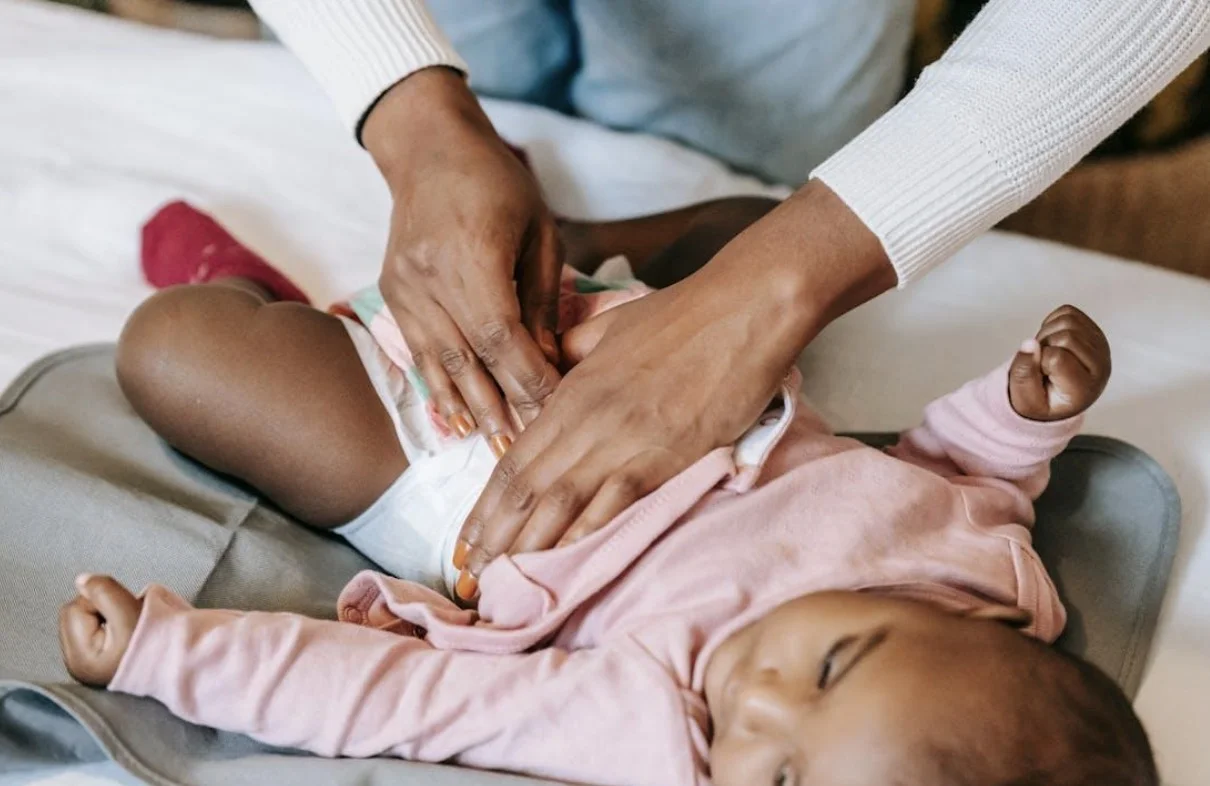Losing a parent is a tragic event for anyone at any age. However, some stages in life can be particularly challenging for individuals to navigate without parental support. In exploring the worst age to lose a parent, it is important to recognize the unique circumstances and developmental phases that can have profound effects on a person’s grief and ability to cope.
Childhood is a crucial time for human development, with children forming attachments to their parents that provide a sense of security and lay the foundation for their emotional, social, and cognitive growth. When a parent dies during this period, children may struggle to understand and process their grief, leading to potential behavioral and emotional difficulties.
During adolescence, young people are beginning to develop their identity and independence as they navigate complex psychological and social changes. The loss of a parent during these years can intensify feelings of instability and insecurity, which in turn can impact their self-esteem, relationships, and future well-being. Grief during this stage is, therefore, particularly challenging to manage and cope with.
Understanding Parental Loss
What is Parental Loss
Parental loss refers to the experience of losing one or both parents due to death. This type of loss can have significant impacts on the individuals affected, leading to feelings of confusion, despair, and other psychological effects, regardless of their age.
Types of Loss
There are various types of parental loss, including the death of a single parent, death of both parents, or losing a parent through other means such as incarceration or abandonment. Each type of loss brings its unique challenges and coping mechanisms for the individuals involved.
Psychological Effects
Losing a parent can lead to various psychological effects, including anxiety, depression, and a sense of insecurity. These effects may be especially pronounced in children and adolescents, who are still developing their sense of self and building their foundations in life.
Age Factors
The age at which a young child experiences parental loss can significantly impact how they cope and move forward. For example, children who lose a parent during their adolescence may struggle more with their identity and emotional well-being compared to those in their mid-forties who have established their lives and support networks.
Family Dynamics
Parental loss can also affect family bonds and dynamics. There might be a need for family grief counseling to help surviving family members process their grief and navigate their new roles within the family unit. These changes can be particularly challenging when there is no prior experience of loss within the family.
Societal Perspective
Society’s perspective on parental loss can vary widely. Some cultures may have specific rituals or support systems in place, while others may lack resources or understanding of the grief experienced. A study published in the International Journal of Environmental Research and Public Health suggests that societal factors can play a role in how well an individual copes with the loss of a parent.
Exploring Grief
Grief is a complex and unique process for each person experiencing parental loss. It is essential to acknowledge and address the varying emotions that arise, seeking professional help if necessary. By understanding the different aspects of parental loss, individuals and families can better cope with the challenges and work towards healing. No matter if it is a young child or an adult child, losing a parent is always a difficult time in life.






